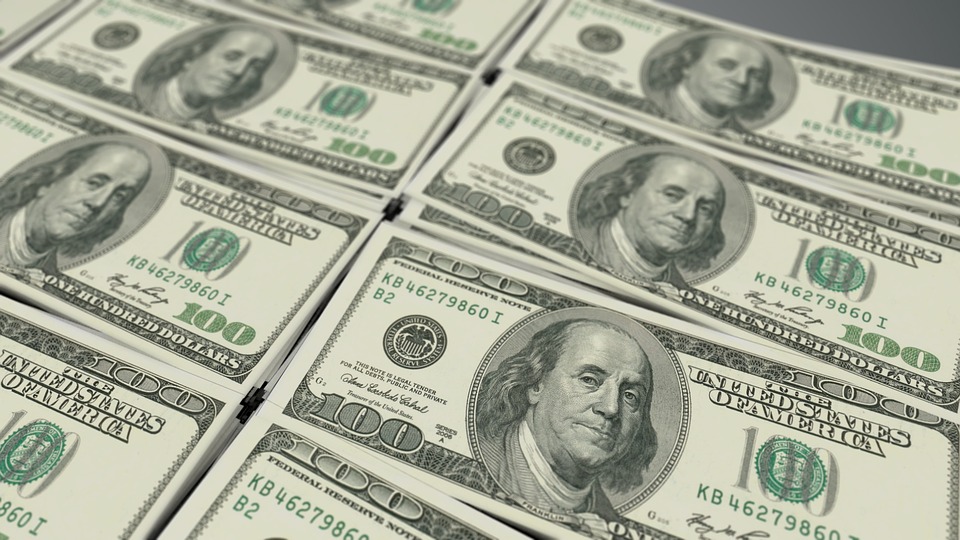
The media and public sector often tout the benefits of increasing the federal minimum wage. President Obama used his 2014 State of the Union Address to proclaim that a higher minimum wage would drive economic growth, provide more jobs, and reduce government spending.
However, these benefits are often inflated and fail to take into consideration the negative implications of increasing the minimum wage. The reality may not be as rosy as many in public office would have the public believe.
There Will Be Layoffs
Small and medium-sized businesses that have tight budgets will feel the effects of an increased minimum wage. They will be unlikely to have the resources to continue paying everyone on their payroll. This will mean that while some are making more money, others on the workforce will have to be let go, meaning nationwide layoffs of those in minimum-wage positions.
In companies that have more resources, a higher minimum wage could see firms investing more heavily in automation. Tasks which were previously performed by humans may become automated in an attempt to save money and cut wage bills.
In Pennsylvania, the National Federation of Independent Business analyzed the impact of three separate minimum wage hike proposals. Their findings were that in each case the state would lose jobs by 2023, depending on the proposal, raising the minimum wage would cost the state between 46,000 and 119,000 jobs over the next five years.
It Could Increase Outsourcing to Other Countries
In today’s modern globalized world, companies are always looking for cheap labor. If the US increases its minimum wage, it could prompt an exodus of companies from the US mainland.
Trump’s trade war with China may have deterred some companies from opening offices and factories in China, however, there are plenty of other pools of cheap labor. Vietnam, Thailand, and Indonesia are all receiving increased interest from American investors. A higher minimum wage would only serve to increase that interest.
It Will Lead to Price Increases
When faced with a higher wage bill, companies will attempt to pass this cost onto the consumer. This is known as “the scale effect”. When the minimum wage increases, companies race prices to recover the costs, pushing up the national cost of living, prompting calls for further minimum wage increases.
It creates a cycle that does nothing to improve the standard of living for the lowest-earning segments of the population, but simply pushes the costs of living up for everyone.
Non-Workers Become More Reliant on Government Welfare
As the minimum wage increases, non-workers become more reliant on government welfare. As job losses pile up, the cost of living rises and welfare programs remain the same, non-workers are left behind, only increasing their reliance on government programs.
The Hiring Rate Will Slow
As businesses come to terms with the new wage bills, hiring rates will slow, limiting the employment opportunities for new college and high school graduates.
Before politicians and civil servants beguile the public into thinking an increased minimum wage would increase money in worker’s pockets, consider these striking downsides to the proposals and don’t be fooled by a flashy policy with little substance.